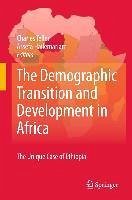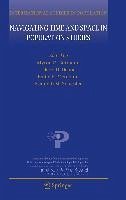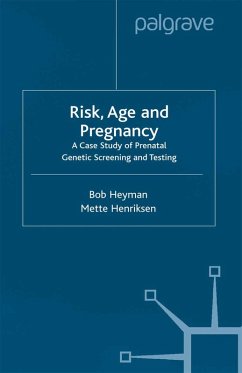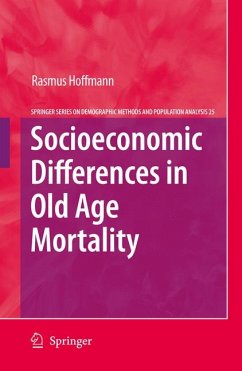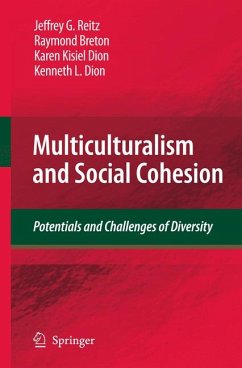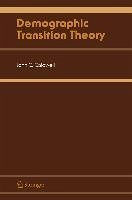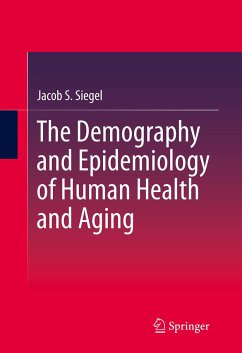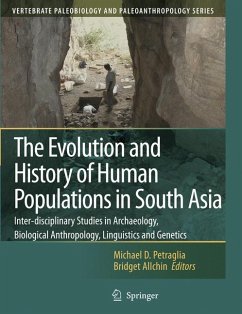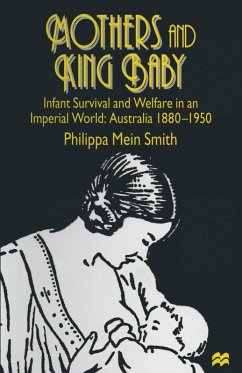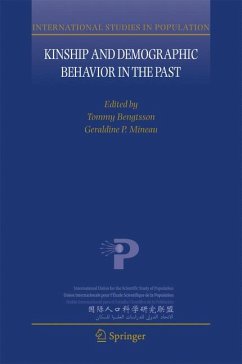
Kinship and Demographic Behavior in the Past (eBook, PDF)
Versandkostenfrei!
Sofort per Download lieferbar
72,95 €
inkl. MwSt.
Weitere Ausgaben:

PAYBACK Punkte
36 °P sammeln!
The International Union for the Scientific Study of Population's Panel on Historical Demography applies a historical perspective, such as the importance of kinship networks for demographic outcomes later in life, to promote work of contemporary relevance. Connections over time, whether across generations or different segments of the life course, are an area of convergent interest among multiple disciplines. Specific topics of common interest are the influence of con- tions earlier in life on outcomes later in life, intergenerational associations in social, economic, and demographic outcomes, s...
The International Union for the Scientific Study of Population's Panel on Historical Demography applies a historical perspective, such as the importance of kinship networks for demographic outcomes later in life, to promote work of contemporary relevance. Connections over time, whether across generations or different segments of the life course, are an area of convergent interest among multiple disciplines. Specific topics of common interest are the influence of con- tions earlier in life on outcomes later in life, intergenerational associations in social, economic, and demographic outcomes, socioeconomic differences in health status and demographic outcomes, and the influence of industrialization and modernization on such patterns and relationships. Historical population da- bases, currently under expansion in a variety of locations around the world, provide longitudinal data on individuals across multiple generations and are especially amenable to the examination of such issues. Through a series of workshops sci- tists at the forefront of research on these issues were brought together in order to instigate a new wave of comparative work. Kinship and Demographic Behavior in the Past is intended to extend the disc- sions that occurred at two seminars, cosponsored by the International Union for the Scientific Study of Population, to a broader community of population scientists. Experts from many disciplines have come together in this volume to highlight the convergence of research by demographers, economic historians, historians, anth- pologists, sociologists, and geneticists.
Dieser Download kann aus rechtlichen Gründen nur mit Rechnungsadresse in A, B, BG, CY, CZ, D, DK, EW, E, FIN, F, GR, HR, H, IRL, I, LT, L, LR, M, NL, PL, P, R, S, SLO, SK ausgeliefert werden.



